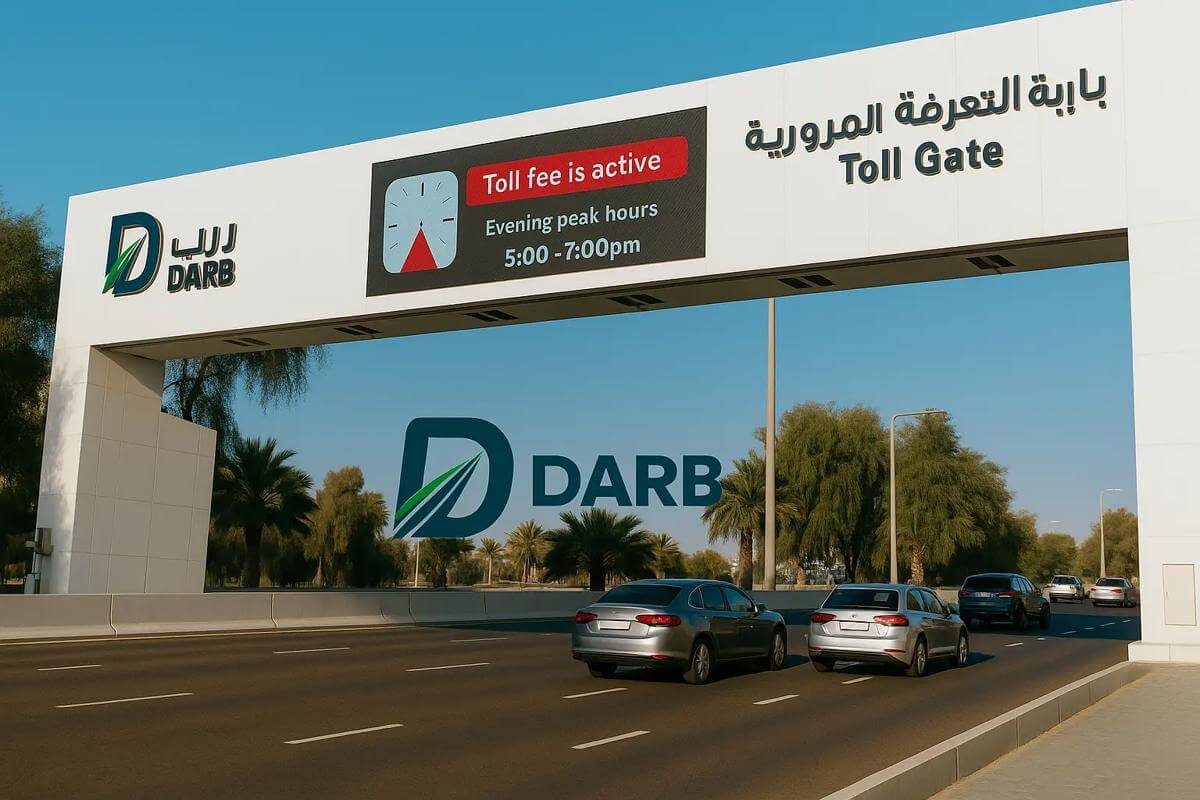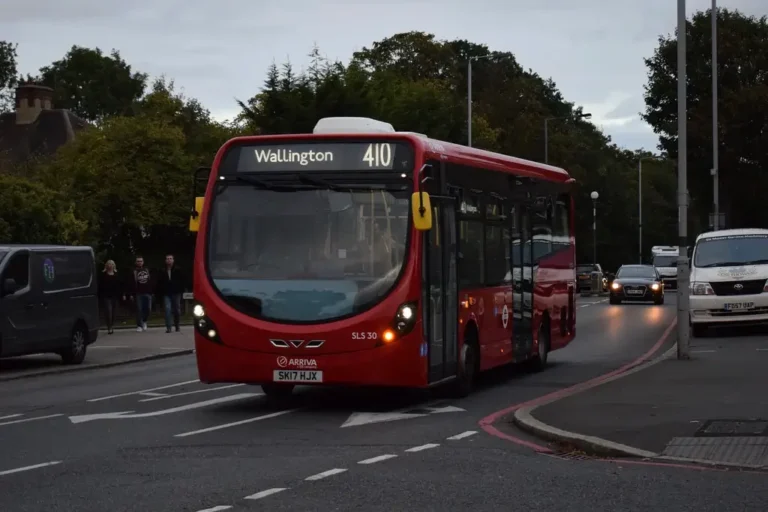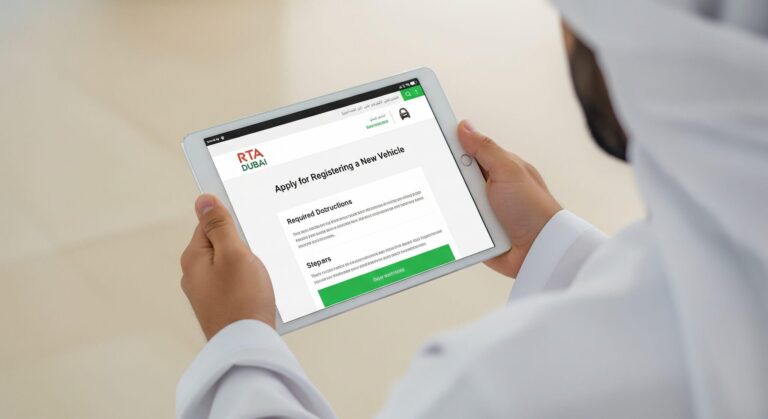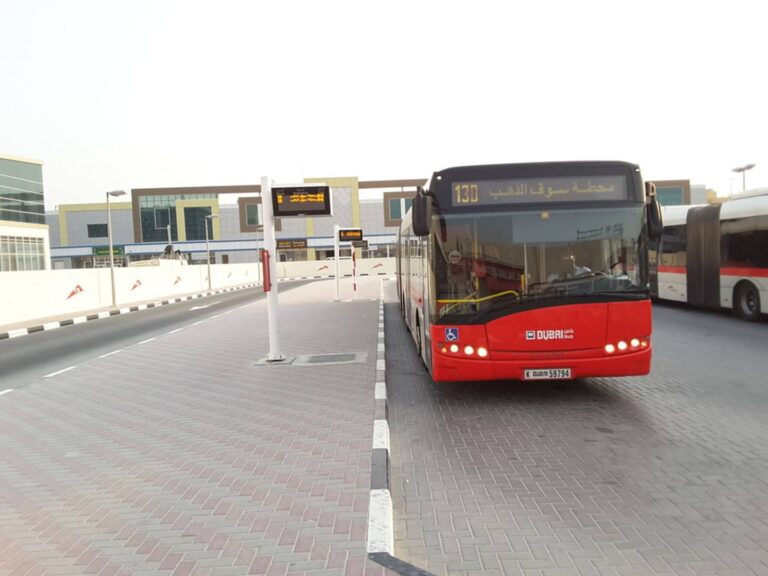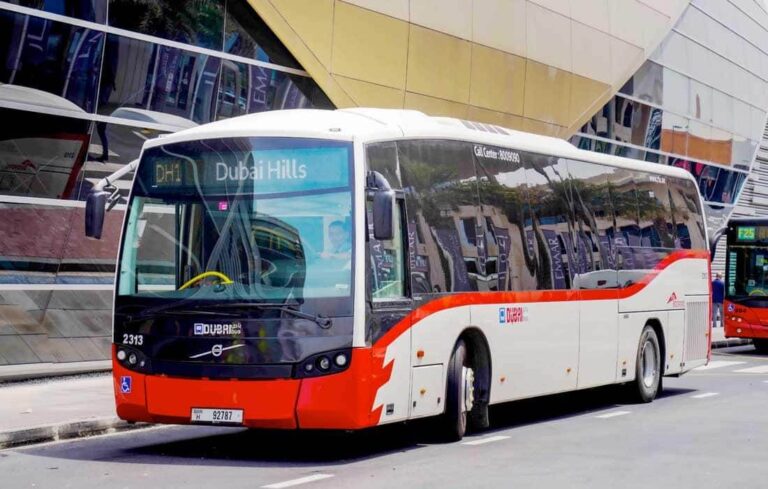Abu Dhabi Toll Gate Timing, UAE: What Every Driver Needs to Know
When you’re weaving through the smart city arteries of Abu Dhabi, one headline fact should grab your attention: during peak hours, your journey is subject to the electronic toll of the DARB Toll System — and understanding those timings can save you both money and stress.
In this article, we break down the “abu dhabi toll gate timing” (and all its related implications) in a clear, conversational, yet deeply informative way. If you live in or drive through Abu Dhabi, or plan to visit from neighbouring Dubai or elsewhere, this guide will walk you through the when, where, why, how – and what to watch out for.
Why Timing Matters: The Role of DARB in Abu Dhabi’s Transport Ecosystem
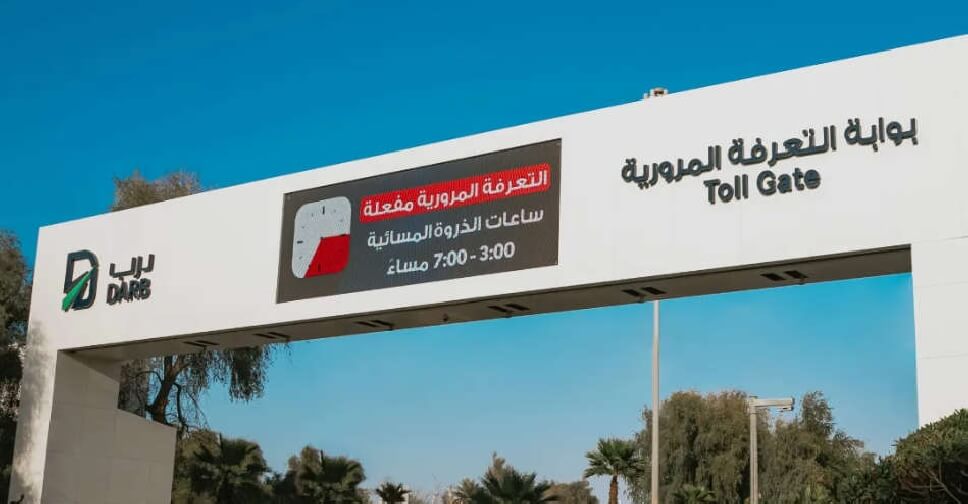
The DARB toll system isn’t just another fee on your windshield—it’s central to Abu Dhabi’s urban mobility plan. Managed by the Integrated Transport Centre (ITC), the system uses automatic number-plate recognition (ANPR) cameras rather than stick-on tags.
Why does this matter? Because timing (when the charges apply) affects:
- your route planning (entering or leaving the island)
- your decision whether to delay travel or use alternate transport
- your financial exposure (since each crossing during peak costs)
For readers of TheDubaiWeb.com—aware of the dynamic UAE transport scene—understanding how Abu Dhabi’s toll gates align with commuter patterns is part of smart travel and residency planning.
Standard Toll Hours: Morning & Afternoon Peaks
Here’s the up-to-date breakdown of the typical “charged hours” under DARB for motor vehicles:
| Day | Time | Notes |
|---|---|---|
| Monday–Saturday | 07:00 AM to 09:00 AM | Morning peak hours. |
| Monday–Saturday | 03:00 PM to 07:00 PM | Extended afternoon peak (effective from Sep 1, 2025). |
| Sunday | Free for all hours | No toll charges on Sundays. |
| Official public holidays | Free all day | Toll-free on holidays. |
Key point: If you cross one of the four DARB toll gates during those peak windows, you will be charged (unless exempt). Outside those windows, journeys are toll-free.
What’s New & Important – September 1 2025 Revisions
As of 1 September 2025, the timing changed and the fee cap was removed:
- The afternoon window was extended from previously 5 pm-7 pm to 3 pm-7 pm.
- The daily cap (previously AED 16/day) and monthly cap for private vehicles were scrapped.
This means the cost exposure for frequent travellers may be higher, and planning becomes even more important.
Free Hours & Days: When You Don’t Pay
Knowing when you are free of toll charges can be just as valuable as knowing when you are charged. Under DARB:
- Sundays: No tolls at any time.
- Official public holidays (as declared by UAE authorities): Toll-free.
- Outside the charging windows on Monday-Saturday: You can cross toll gates without cost (for example, 9 am-3 pm or after 7 pm) under the current rule set.
Using these “free windows” effectively lets you structure your commute or trip and avoid unnecessary tolls.
Why the Timing Was Set This Way
Let’s unpack the reasoning behind those specific timings:
- Traffic flow management – By charging only during peak periods, the system discourages unnecessary travel at congested times and nudges drivers toward alternate routes or public transit.
- Behavioural shift – The toll acts as a mild cost barrier during busiest hours, encouraging car-pooling, shifting travel times, or using mass transport.
- Revenue & sustainability – The system helps raise funds for transport infrastructure while leveraging technology (ANPR instead of physical booths).
- Adaptation for local context – Adjustments (such as during Ramadan) reflect different traffic patterns.
For lifestyle and business readers of TheDubaiWeb.com, this means understanding toll timing is also understanding part of Abu Dhabi’s urban-mobility strategy.
How to Apply This to Your Daily Commute or Visit
Here are actionable ways you can leverage your knowledge of toll timing in Abu Dhabi:
- Plan your entry/exit: If you’re commuting into the island (say via Sheikh Zayed Bridge or Al Maqtaa Bridge), aim to cross before 7 am or after 9 am, and return prior to 3 pm or after 7 pm.
- Adjust appointments: If you have meetings or site visits in the city, shift start times slightly to avoid the window.
- Use toll-free days for recreation or extended travel: Sundays are gold for this.
- If you’re a visitor or rental driver, check the registration status (vehicles must be aligned with the system; non-registered vehicles are subject to fines) and know these timings to avoid surprise charges.
- Factor it into cost planning: With no more daily cap, if you make multiple cross-island trips during peak hours, toll costs add up.
Upcoming Relaxations/Adjustments to Monitor
As this is a live transport-policy environment, here are a few items to keep an eye on:
- Further adjustments to the peak-window timings (especially around major events like Expo 2025 or changes to work-week structure).
- New exemption rules (for example more vehicles or user-groups might be granted toll-free status).
- Integration of toll-data with parking or public-transport incentives (which TheDubaiWeb.com often reports on).
- Potential dynamic toll pricing (less likely in Abu Dhabi currently, but possible over time).
Internal Links on TheDubaiWeb.com You Might Find Useful
While we focus here on toll timing, you might also find these relevant for broader context:
- A guide to commuting between Dubai & Abu Dhabi.
- Article on Abu Dhabi’s public transport expansion.
- Seasonal travel tips for the UAE.
(If any of these pages don’t yet exist on TheDubaiWeb.com, they would be good to develop as part of your authority building.)
In Summary
The “abu dhabi toll gate timing” via the DARB system is clear yet evolving. For Monday through Saturday, you’re looking at charges between 07:00–09:00 AM and 03:00–07:00 PM. Outside those windows—you’re toll-free. Sundays and public holidays remain fully free.
By structuring your travel or daily commute with those timings in mind, you navigate smarter—not just from a cost perspective, but also in terms of time, convenience and compliance with Abu Dhabi’s mobility strategy.
Frequently Asked Questions (FAQ)
What are the current peak hours for toll charges under the Abu Dhabi toll gate system?
On Monday through Saturday, morning charges apply from 07:00 AM to 09:00 AM. From 1 September 2025, the afternoon window runs from 03:00 PM to 07:00 PM.
Are tolls charged all week?
No. Tolls are not charged on Sundays and official public holidays—the gates are free all day in those cases.
How much does each crossing cost?
Each time your vehicle passes under a DARB toll gate during peak hours, the charge is AED 4.
Are there daily or monthly caps on charges?
As of 1 September 2025, no daily or monthly caps apply for private vehicles. The previous daily cap (AED 16) and monthly caps have been removed.
What about during Ramadan or special periods?
Earlier versions of the rules indicated different timings (e.g., 8 AM–10 AM and 2 PM–4 PM) during Ramadan. Always check current updates around that period.
My car is registered in Dubai or another emirate—how does that affect me?
You must ensure your vehicle is registered in the DARB system if you will be using Abu Dhabi’s toll-gated bridges. Unregistered vehicles may face fines. Many official guides advise registration at least 10 days before usage.
How do I avoid fines or unexpected charges?
- Register your vehicle timely with DARB.
- Maintain sufficient balance in your account (if applicable).
- Cross during non-peak hours when possible if you plan to avoid fees.
- Stay updated via the DARB portal or Abu Dhabi Mobility app for policy changes.

